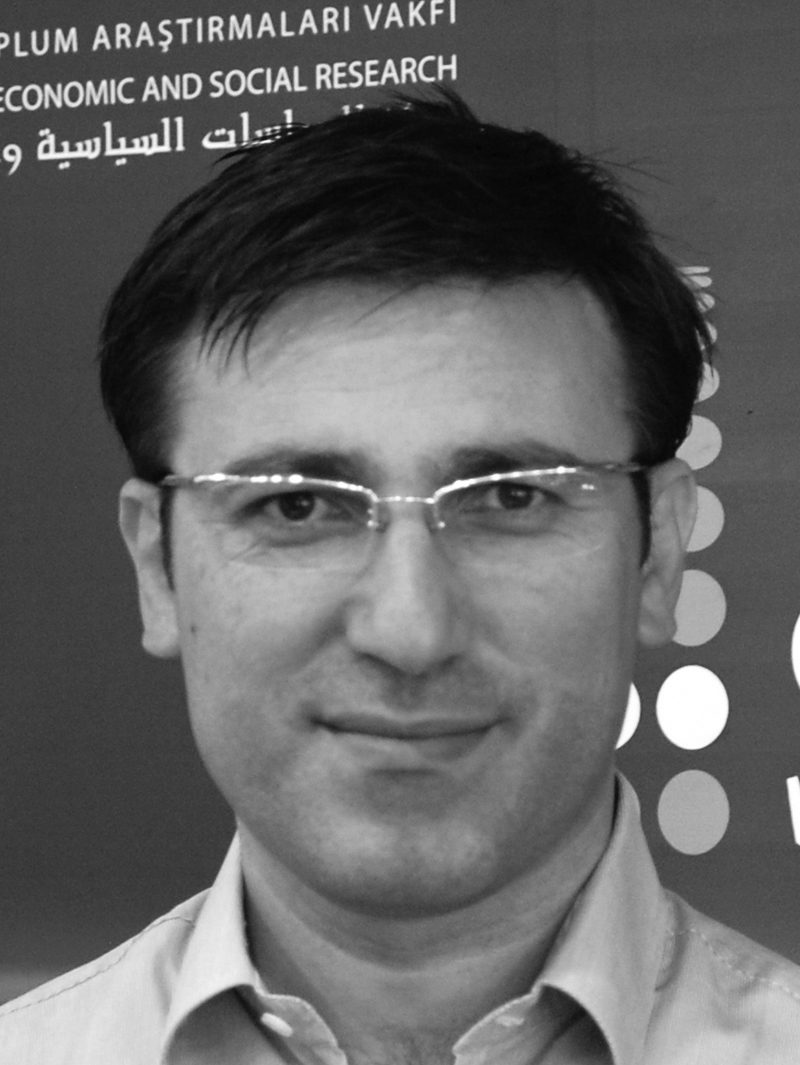Freedom of religion and worship is a fundamental human right that everyone should enjoy regardless of race, ethnicity, nationality or religious preference. The right to follow a particular religion and practice its rituals is recognized as legitimate by the Universal Declaration of Human Rights and the European Convention on Human Rights.
The 1981 UN Declaration on Religious Tolerance and Non-Discrimination and the 1990 Cairo Declaration on Human Rights in Islam also underline the significance of freedom of religion for a plural world and urge states and societies to respects and protect this basic right.
Given the universal status of freedom of religion and freedom of worship, how can we make sense of what is happening in Turkey, where wearing a headscarf is banned in university and a number of attacks have taken place targeting non-Muslims? Turkey has a unique character when compared to other states with a Muslim-majority population. Firstly, it has a secular state and religion is not a source of legislation. Secondly, Turkey has a democracy that has been nurtured for decades despite a number of military interventions, and there is a strong will to protect and strengthen rule of law in the country. Turkey succeeded in establishing a political culture that facilitates the coexistence of secular state, democracy and religion in society.
Since the mid-1980s Turkey has been moving forward, albeit with some ups and downs, with regard to the provision and protection of civil liberties. Recent developments and current political will strongly indicate there will be no U-turn in terms of democratization, balancing civil-military relations and improving human rights, including freedom of religion, in Turkey. A free market economy, liberal policies, access to education, the rise of new middle classes, and globalization have all led to many changes in Turkish society, including reforming the culture of political governance. Therefore questions regarding freedom of religion and restrictions on particular religious activities and practices in Turkey should be discussed in a broader context than that of the unfortunate attacks in Trabzon and Malatya.
Questions on freedom of religion are related to the interpretation and application of secularism and secular policies in Turkey. It should be underlined that the way secularism has been interpreted and applied by the state elite in Turkey since the establishment of the republic has been more restrictive than in many European countries. One can argue that Turkey pursued a stricter secularization project than even that of France, known as one of the most secular states in Europe. As a result of such a secularization process, imposed from above in the name of modernization and westernization, the state in Turkey followed a policy of restriction of religion, as is well-illustrated by the ban on the headscarf.
The puplic sphere
Expression of religion and religiosity is not allowed in the public sphere in Turkey, because it is interpreted and defined as a domain of the state rather than that of various social, political and religious actors that would like to make legitimate claims to it. Religion and religious groups are perceived by hard-line secularists as presenting a threat to the fundamental principles of the secular state. In the name of protecting secularism from "imagined enemies" the public domain is strictly closed to religion. Such an attitude has been inculcated in schools and public institutions since the establishment of the republic. In a sense a phobia emerged, mostly developed by the elite, as far as religion-state relations are concerned in Turkish society.
In recent years, however, there have been positive changes stimulated by Turkey's EU membership voyage and the country's integration into the regional and global international community. Overall "Turkish Islam," or the religiosity as developed in Turkey, does not lead to radical and extremist demands. Those who would like to have a state based on religious laws are only







